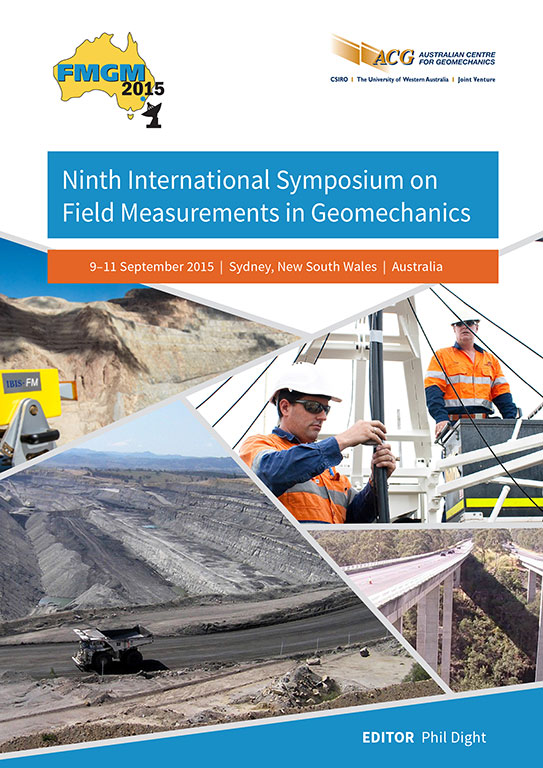Geotechnical data handling from A to Z

|
Authors: Thorarinsson, A Paper is not available for download Contact Us |
DOI https://doi.org/10.36487/ACG_rep/1508_12_Thorarinsson
Cite As:
Thorarinsson, A 2015, 'Geotechnical data handling from A to Z', in PM Dight (ed.), FMGM 2015: Proceedings of the Ninth Symposium on Field Measurements in Geomechanics, Australian Centre for Geomechanics, Perth, pp. 219-232, https://doi.org/10.36487/ACG_rep/1508_12_Thorarinsson
Abstract:
While geotechnical sensors of all kinds have greatest attention during design, construction and implementation of geotechnical monitoring projects, it is actually the aftermath that in the long run become most important; how to handle all that data in a sensible way to get maximum information with minimum work. The data does not have an independent life but will influence how dataloggers are programmed, their period set and where sensor scaling is implemented. The data handling structure implemented is the same whether datalogging projects are small or large. A data handling project may be segmented into sensor data maintenance, logger maintenance, communications, alarm handling, reports, identify data for system maintenance and for performance, and to address data with slow or very fast sampling rate. In the end, the data should be presented in a sensible manner such that it gives the user a clear view of the situation and help them to make their conclusions.
References:
Thorarinsson, A 2007, 'Methods for automatic storage, visualization and reporting in datalogging applications', in J DiMaggio & P Osborn (eds), Proceedings of the Seventh International Symposium on Field Measurements in Geomechanics, American Society of Civil Engineers, Reston, VA, pp. 1-14.
Thorarinsson, A & Simmonds, A 2011, 'Real time, on-line monitoring for every project', Proceedings of the Eighth International Symposium on Field Measurements in Geomechanics, Technische Universität Braunschweig, Berlin.
© Copyright 2026, Australian Centre for Geomechanics (ACG), The University of Western Australia. All rights reserved.
View copyright/legal information
Please direct any queries or error reports to repository-acg@uwa.edu.au
View copyright/legal information
Please direct any queries or error reports to repository-acg@uwa.edu.au